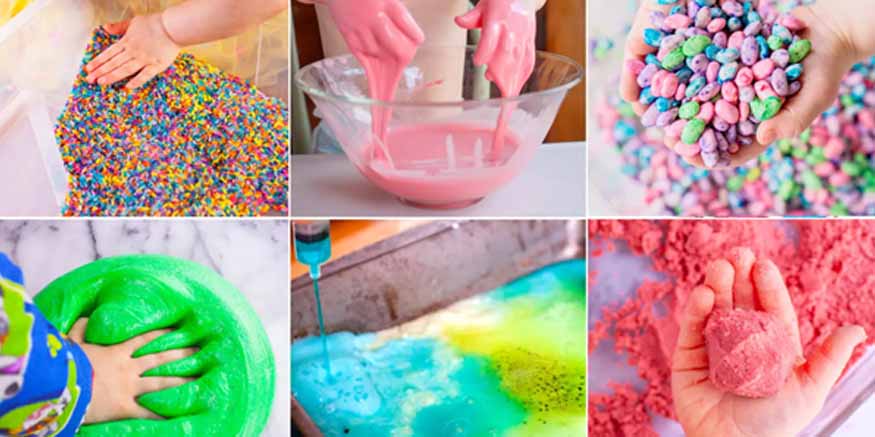Sensory issues refer to difficulties in processing and responding to information received through the senses. For preschoolers, these issues can manifest in various ways, such as being overly sensitive to textures, sounds, or lights, or seeking out intense sensory input like constant movement or touching objects. Sensory processing challenges are often linked to conditions like Sensory Processing Disorder (SPD) but can also be part of typical development in some children.
Signs of Sensory Issues in Preschoolers
– Over-responsiveness: Being overwhelmed by loud noises, bright lights, certain textures, or strong smells.
– Under-responsiveness: Not reacting to stimuli like loud sounds or physical touch.
– Sensory seeking: Craving intense sensory experiences, such as jumping, spinning, or squeezing objects.
– Avoidance behaviors: Avoiding certain foods, clothing, or environments due to discomfort.
– Coordination difficulties: Struggling with tasks requiring fine or gross motor skills, such as holding a pencil or climbing stairs.
Activities to Help Preschoolers Overcome Sensory Issues
- Sensory Bins:
- Obstacle Courses:
- Playdough and Clay:
- Weighted Blankets or Vests:
- Music and Movement:
- Brushing Techniques:
- Bubble Play:
- Sensory-Friendly Crafts:
- Swinging or Rocking:
- Mindfulness Activities:
Fill a bin with materials like rice, sand, or water beads. Encourage the child to explore the textures using their hands or tools. This helps desensitize tactile sensitivities.
Create indoor or outdoor obstacle courses involving crawling, jumping, and balancing. These activities promote body awareness and motor skills.
Kneading, rolling, and squishing playdough or clay provides deep pressure input, which can be calming for children with sensory needs.
Using weighted items can provide calming deep pressure input, helping children feel grounded and secure.
Play different types of music and encourage dancing or clapping along. Experimenting with various tempos and sounds helps with auditory sensitivities.
Under the guidance of a trained therapist, sensory brushing can help desensitize the skin and improve tactile processing.
Blowing bubbles encourages oral motor control while the act of chasing bubbles promotes hand-eye coordination and body movement.
Use materials like feathers, cotton balls, and foam. These activities allow the child to explore a variety of textures at their comfort level.
Swings, rocking chairs, or therapy balls can provide vestibular input to help balance and spatial orientation.
Simple mindfulness exercises like deep breathing or focusing on nature sounds can help regulate sensory processing and reduce overstimulation.
Benefits of Addressing Sensory Issues
- Improved Emotional Regulation:
- Better Social Interactions:
- Enhanced Learning Abilities:
- Increased Confidence:
- Improved Physical Skills:
Helping children manage sensory input can reduce meltdowns and improve their ability to self-soothe.
When sensory challenges are addressed, children feel more comfortable in social settings, improving their ability to make friends and participate in group activities.
By creating a sensory-friendly environment, children can focus better and engage more effectively in preschool activities.
Overcoming sensory challenges helps children gain confidence in navigating their environment and trying new experiences.
Activities targeting sensory issues often enhance motor coordination, balance, and overall physical development.
Conclusion
Sensory issues in preschoolers are manageable with understanding and the right activities. By creating a supportive environment and engaging children in sensory-rich experiences, parents and educators can help them overcome challenges and thrive. Addressing these issues early not only improves day-to-day functioning but also lays the foundation for long-term emotional, social, and physical well-being.
For more such understanding on essential life skills, read our blogs on www.lilmiracles.in
Riitu Sharma,
Co-Founder
Li’l Miracles International Preschool




